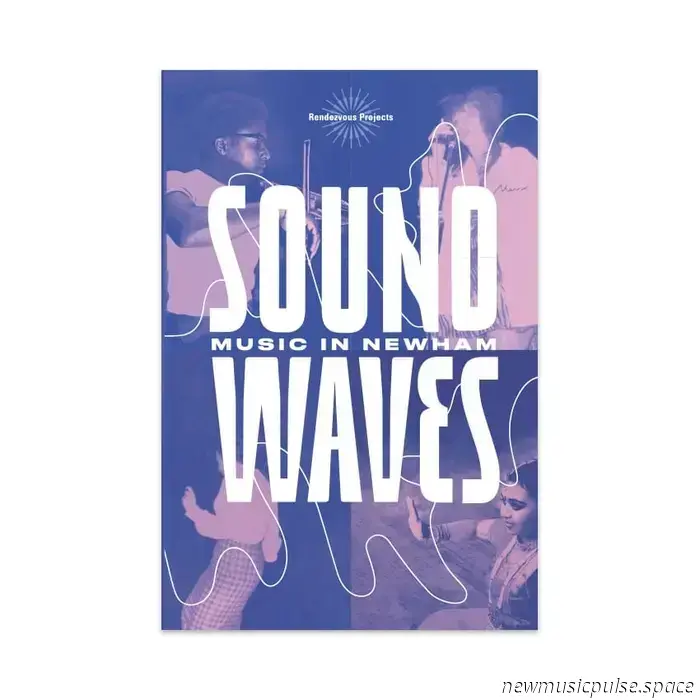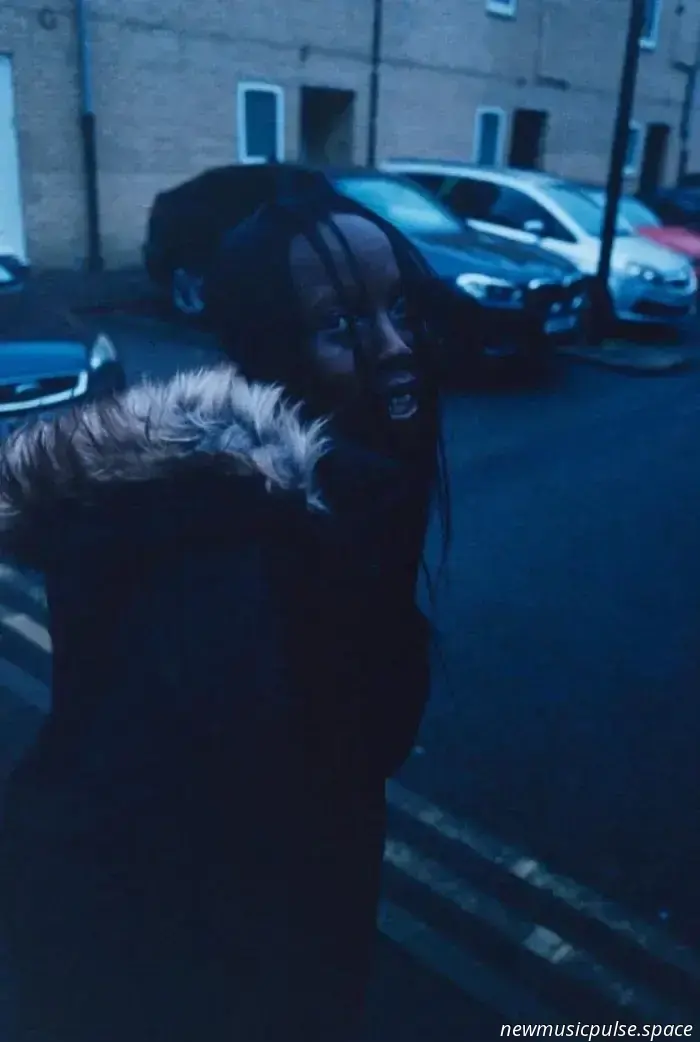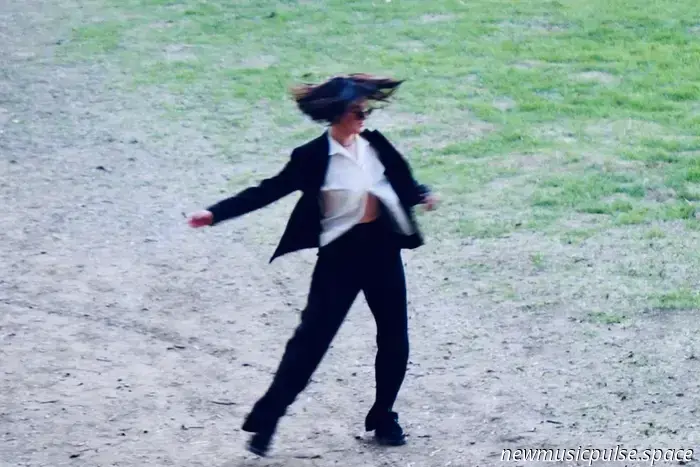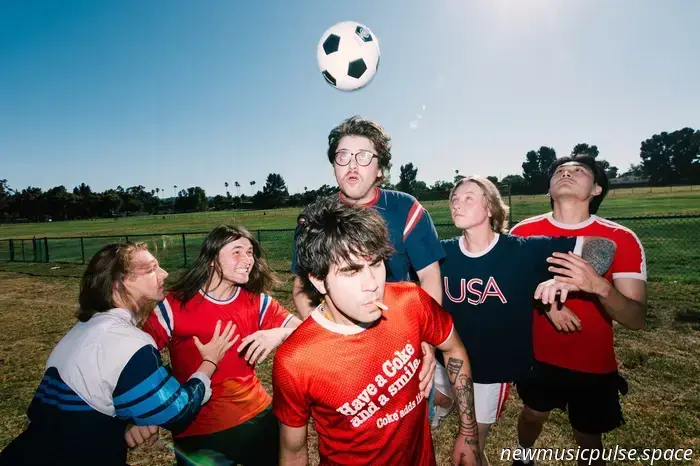
Seyi Vibez is currently undergoing a transformative period. In recent years, he has evolved from a local curiosity into a key figure influencing the intersection of street culture and Nigeria's broader pop music scene. His unique sound combines raw energy, instinct, and ambition, creating a style that is distinctly his own.
With the release of ‘Fuji Moto’, Seyi embarks on a new journey. This album showcases both his origins and his expanding global outlook, weaving together influences from Fuji, street culture, and personal passions while remaining true to the sound that first gained him recognition. It’s a dynamic project that moves at a rapid pace.
Clash spoke with the Nigerian artist about his inspirations, personal growth, anime, fast cars, and the new worlds he is creating in this upcoming stage of his career.
----
The title Fuji Moto is packed with meaning. Can you share what led you to choose that name for your album?
Fast cars. I’m not just talking luxury; I mean speed. During my childhood, I played games centered around fast cars like GTA. Additionally, I have a deep love for anime. The track ‘Fuji Moto’ is inspired by various anime characters, and the album ties my passions for luxury and anime back to my youth. That’s the essence of it.
I have to ask, what’s your favorite anime?
One of my favorites is Naruto, especially the character Kakashi. He’s my all-time favorite anime character. At this point, I’m even trying to embody the essence of an anime character for the new generation. Soon, I’ll be releasing my own anime, you know.
Fuji-influenced sounds have seen a resurgence within Afrobeats, and you’re at the forefront of this movement. Why do you think Fuji is experiencing renewed interest right now?
I believe everyone gravitates towards Afrobeats as long as they're Nigerian. Wizkid has mentioned this before. It’s okay to explore other genres like R&B, pop, or house, but my true essence is in Fuji. My single ‘God Sent’ was pure Fuji and it gained viral attention. That’s my foundation.
Currently, I'm open to exploring various genres like R&B, house, or trap, but my roots will always shine through. I consider myself the original Fuji artist of this generation.
Many are rediscovering Fuji through your work and reconnecting with the sounds of their childhood. How does that resonate with you?
It feels great, and it seems like people are enjoying it. While artists can be creative, sometimes they just want to follow trends. I focus on my environment, my past, my present, and my future. My music encapsulates all of that. Fuji Moto is globally inspired yet still infused with Japanese elements, making it distinct.
----
How do you merge the vibrant, energetic Fuji/Nigerian vibe with the calm, disciplined Japanese aesthetic?
The name Fuji comes from Japan. Their festivals, their carnivals, even Mount Fuji, inspired the genre name “Fuji.” I feel strong as a person; I keep climbing like a mountain and refuse to descend. That’s why I named my album after Mount Fuji. Japan’s colors, lighting, and style all influenced me. Interestingly, the founder of Fuji music, Barrister Ayinde, also derived the name from Japanese.
You incorporated tracks like ‘Shaolin’ and ‘Macho’ from your ‘Children Of Africa’ EP into ‘Fuji Moto.’ Why did you choose to include them?
Earlier this year in February, I was in a phase where I wanted to quickly release something akin to a mixtape. It wasn’t too serious; I just looked around and thought of the name Children of Africa. However, I had already planned to release Fuji Moto.
My fans had been waiting for nearly eight months without new music and were eager for something fresh. So, I released those four tracks to tide them over. They were already great Fuji songs from the beginning.
The album features major artists like French Montana, Trippie Redd, NLE Choppa, and Olamide. What made you collaborate with these musicians?
In Nigeria, we say “garri does not need too much promotion.” My energy and craft guide me to where I should be. I appreciate the producers and artists who collaborated with me. At this stage in my journey, I feel like this is what I deserve. I aim to connect West African street music with the international scene.
----
How did you merge their unique styles with your Fuji-inspired sound?
It comes down to communication. I can express myself in English, Yoruba, Arabic, Hausa, and more. It's about my experiences and the people around me, which allows me to collaborate easily with both international and local artists. They feel my vibe regardless of the language I’m using. I believe it’s simply my time.
I’ve heard the video with Trippie Redd is coming soon


Newham frequently appears within London's musical history. It has served as a melting pot for various generations, engaging with a wide array of genres -

Experimental artist Klein has revealed a deluxe edition of her newest mixtape, ‘sleep with a cane,’ set to be launched exclusively on Bandcamp and as

Folklore Records has evolved from its modest beginnings into a powerful platform for emerging artists. Established in 2014 by Brighton-based songwriter Jacko Hooper,

Izzy Outerspace sparks an intense and emotionally charged tempest with "Closer," the dramatic lead single from her forthcoming album ‘A Romance Truly Tried.’ The track combines heartfelt confessions with a powerful alt-rock explosion that resonates deeply.

The Sophs unleash intense, raw confessions and sharp vulnerability in their powerful second single “DEATH IN THE FAMILY,” confirming the Los Angeles sextet as one of indie rock’s most dynamic, captivating, and undeniable emerging forces as we approach 2026. In an interview with Atwood Magazine, frontman Ethan Ramon boldly explores the shame, paranoia, catharsis, and stark honesty that fuel his band’s compelling, unrestrained sound.
Seyi Vibez is currently experiencing a significant transformation. In recent years, he has evolved from a local interest to becoming one of the most impactful voices influencing how